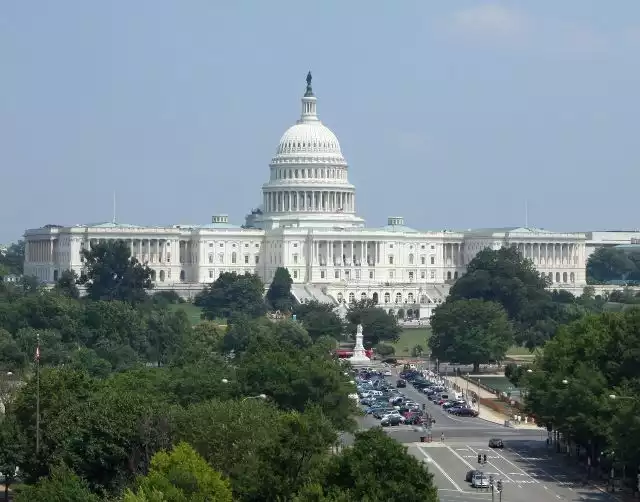Can federal employees volunteer for political campaigns and make contributions? Election season do’s and don’ts

The OSC attorney said: “We’re the agency that enforces the Hatch Act, so if you get guidance from us saying that you’re good to go, then that’s your best protection against violating the law.”
As for organizing political charity events, for much less restricted workers, “although the Hatch Act would ban a staff member from hosting or offering as a factor of call for a fundraiser, the employee is enabled to aid organize a fundraising event,” said OSC on its web site.
As for organizing political fundraising events, for less restricted employees, “although the Hatch Act would restrict an employee from organizing or serving as a point of call for a fundraising event, the worker is permitted to assist arrange a charity event,” said OSC on its website. Further restricted staff members are not allowed to arrange a political charity event.
All government staff members can attend political charity events and less limited ones can talk at them. Most government employees fall under the “less restricted” classification and are paid for extra capability to engage in partial political task than those in the “more limited” group, which consists of federal workers at investigatory and enforcement companies. Federal staff members must be aware that some companies position workers in a further restricted category who would or else not be (for instance the Justice, State, Homeland Safety and security and Protection departments).
Federal employees are to numerous degrees subject to the Hatch Act, which limits their political task while at the workplace. The regulation still enables for them to do campaign-related points, which can vary by placement and/or company.
There is one limited exemption to the prohibition on solicitations. This is for “government workers who belong to a federal employee labor company and desire to get payments to that organization’s political action committee,” said the attorney. And they may not get while on responsibility or in a federal space or structure.”
All federal staff members can attend political charity events and much less restricted ones can speak at them. A lot of federal employees fall under the “less limited” category and are paid for extra capability to participate in partisan political activity than those in the “further restricted” classification, which includes government employees at investigatory and enforcement companies. Federal employees need to understand that some firms place staff members in a more limited group who would or else not be (for example the Justice, State, Homeland Protection and Defense departments).
A partner can host a political fundraiser as the Hatch Act does not reach them. Less limited employees can aid with their spouses’ fundraising events in a “minimal capability,” whereas further restricted workers might not, said OSC.
In addition to its investigatory and disciplinary tasks, OSC offers advice on the legislation and has a hotline for Hatch Act-related problems and an e-mail for any inquiries on the law. The OSC attorney said: “We’re the agency that applies the Hatch Act, so if you get assistance from us stating that you’re good to go, then that’s your ideal defense against breaching the legislation.”
“No federal worker is restricted from making campaign payments, whether it’s to a political event or to a project. The Hatch Act does not prohibit employees from making contributions,” a lawyer in the Hatch Act division of the Workplace of Unique Counsel, which applies the law, informed Federal government Exec in 2022. “Nevertheless, all employees despite whether they’re much less restricted, more limited, a political appointee or whatever, all staff members are restricted from getting or receiving political contributions.” That applies both on and off the task.
1 Hatch Act2 organizing political charity
3 political charity events
« Marine Le Pen vs. Jordan Bardella: France’s next power struggleTrump considering cutting back intel sharing with Europe, officials warn »
